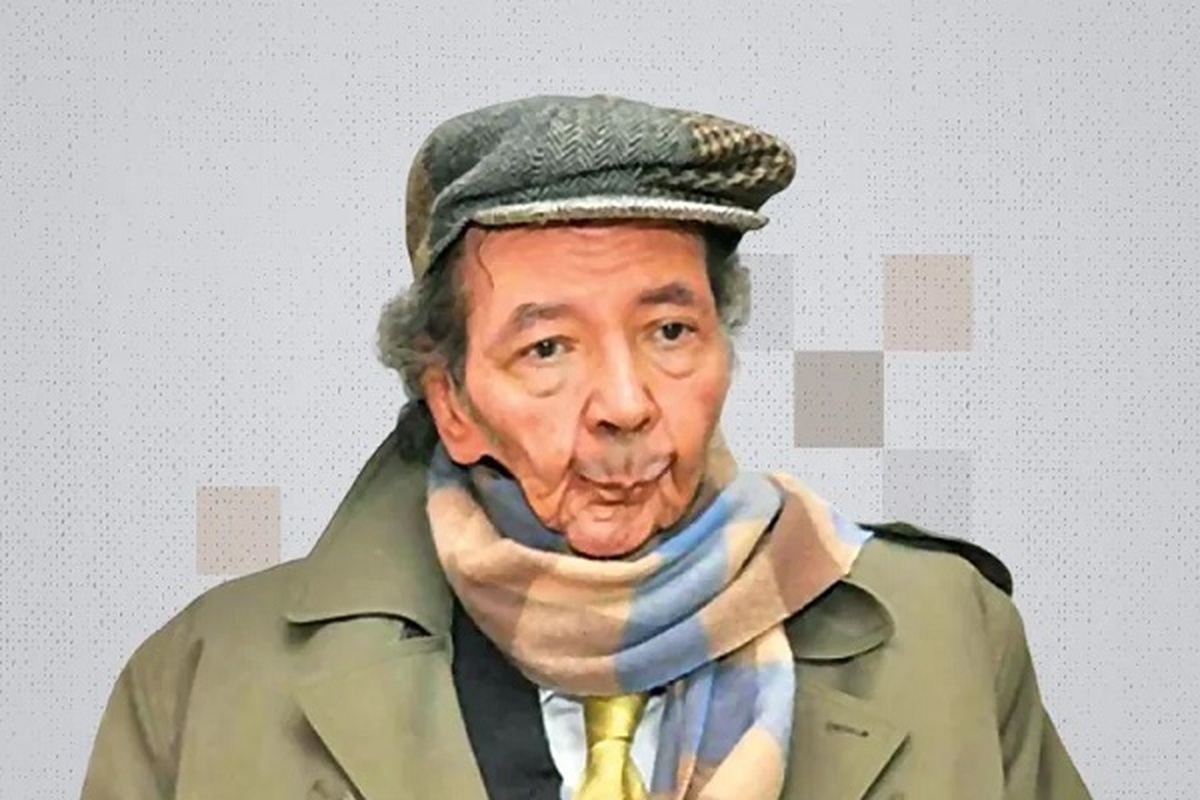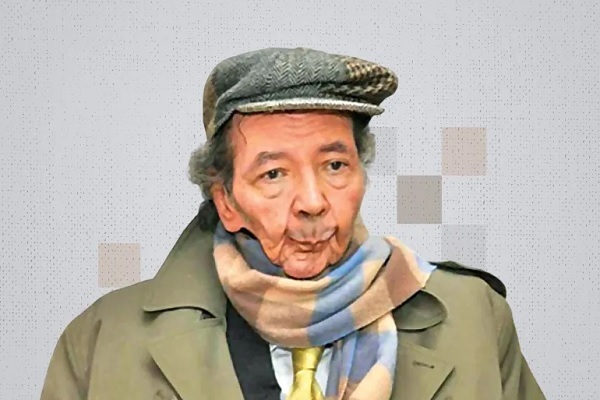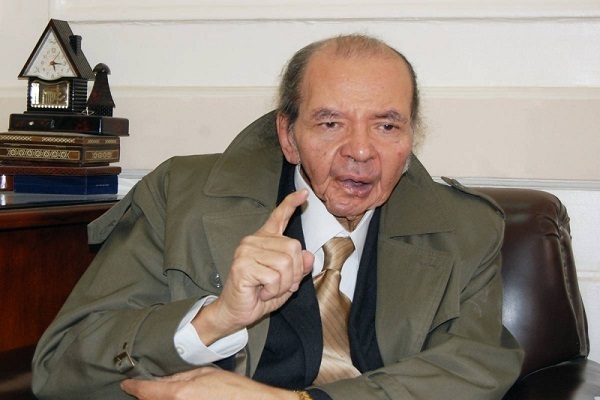Influence of Quran’s Language in Works of ‘Sheikh of Arab World Translators’


The language of the Quran is distinctly evident in his translations, as if the Quran flows gently through all the texts he has translated.
It has been two years since the passing of Anani. However, his legacy in translating books and literature is so significant that literary critics cannot fully address it.
Anani (January 4, 1939 – January 3, 2023) was a writer, playwright, critic, and professor at Egyptian universities, born in the Beheira Governorate of Egypt. He earned his Bachelor’s degree in English language and literature from Cairo University in 1959, his Master’s degree from the University of London in 1970, and his PhD from the University of Reading in Berkshire, England, in 1975.
From 1968 to 1975, while pursuing his Master’s and PhD, he worked as a foreign language monitor at the BBC in Berkshire. He returned to Egypt in 1975 and became a professor of English language and literature at Cairo University. He also joined the Egyptian Writers Union and was awarded the title of assistant professor of English in 1981, later being promoted to professor in 1986.
More than 130 of his books have been published in both English and Arabic, including significant translations and innovative works.
After years of activity in the literary and cultural fields, he passed away on January 3, 2023, at the age of 84.
When his first book, ‘Analytical Critique’, was published in 1963, he faced severe criticism from ideological critics. In this context, he found himself in a literary and intellectual battle between proponents of ‘art for art’s sake’ and advocates of ‘art for society’.
Loubna Abdel-Tawab Youssef, a professor of literary criticism and English literature at Cairo University, describes Anani as a master, translator, writer, and a well-rounded academic.
He adds that Anani delivered his speeches, referencing philosophers, writers, and literary figures, all without having any written notes in hand. “He provided his citations in both Arabic and English, utilizing contemporary literature. Anani was an encyclopedia of knowledge, and in his speeches, where he recited poems in various languages, including French, he astonished us all.”
Read More:
Regarding Anani’s method of text analysis, Youssef says that, in Anani's view, the analysis and interpretation of texts are more important than the pursuit of theories of textual analysis. “His speeches did not focus on structuralism or deconstruction.”
According to Anani’s students, he did not view life and literature from a single perspective and did not believe in dry, soulless writings.

Youssef says, “Of course, during our student years, there were various movements such as Romanticism and Classicism, but Anani explained to us that neither pure Romanticism nor pure Classicism truly exists. Therefore, he wanted us to seek the characteristics of Romanticism among the followers of this movement and the followers of the Classical school.”
Over nearly six decades since the publication of the first book by Anani in the 1960s and his passing in 2023, the world has witnessed significant revolutions in communication and globalization. According to Khaled Tawfiq, a professor of translation and languages at Cairo University, Anani was at the forefront of translating many new terms that emerged due to the rapid fluctuations of languages worldwide.
Tawfiq says that Anani authored a book titled ‘Literary Terms’, which contains almost all of his personal translations. He also has another book called ‘Paradoxical Changes’, in which he discusses various types of paradoxes and their translations. Additionally, he produced a substantial body of work in literary translations.
Tawfiq adds that Anani’s influence from the language of the Quran was clearly evident, and that the language of the Quran had a unique fluency in almost all of Anani’s translations.
Read More:
Tawfiq adds that Anani's influence from the Holy Quran is apparent in all of his translations, and one can feel the Quran flowing gently through all the texts he translated.

He points out that Anani did not separate the research of translation from the practice and execution of translation. “Despite his profound understanding of the meanings of the Quran and his influence from it, he never translated the concepts of the Quran in isolation.”
Youssef shares Tawfiq’s views on the importance of translating the Holy Quran, with both believing that Anani had the greatest ability to convey the concepts of the Holy Quran into English.
4259541



